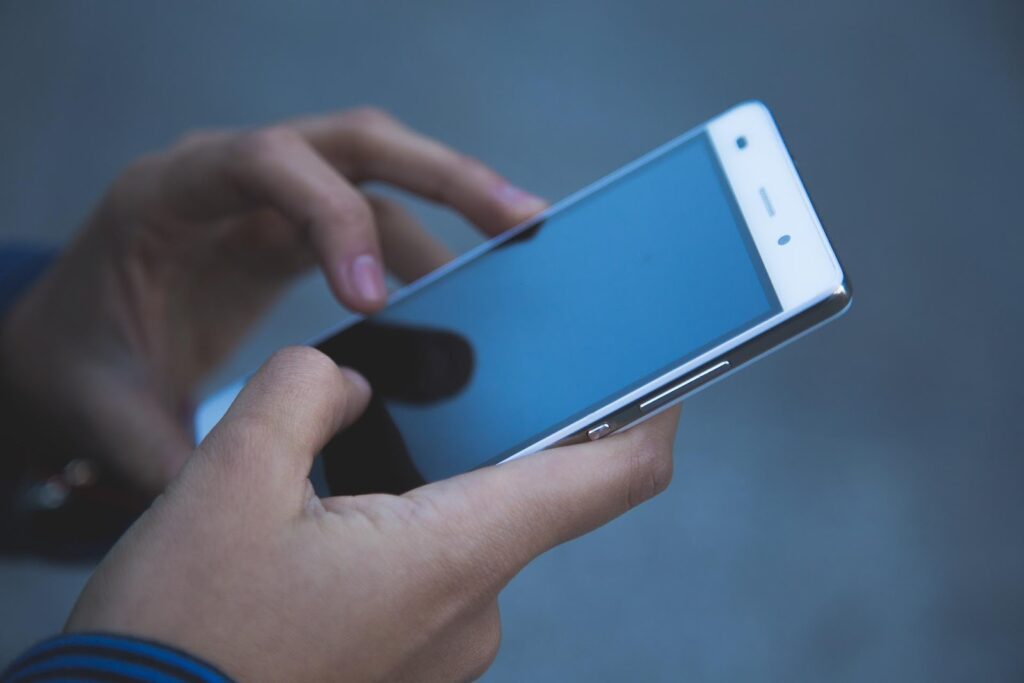Technology is a wonderful thing. Yet somehow, there’s something eerie about it, as though it was spying on your every move with all the built-in cameras, microphones, and whatnot. If that’s how you feel from time to time, you’re not in the wrong.
Today, we’re going to take a look at what exactly your phone knows about you.
Post Contents
1. Your login credentials
In case you’re letting your phone remember your login credentials for the sake of convenience, all should be fine in theory. After all, it’s utilizing military-grade encryption, thus making it very hard for someone to just hack into your phone and copy them, even if they’ve managed to obtain direct access to your hard drive. But the theoretical possibility is there.
2. Your location history
Whether you’re using an Android or an iOS phone, it’s tracking everywhere you’ve ever been, assuming you’re carrying it with you all the time (which most people are). Granted, reading your current location is necessary for certain apps to function, with food delivery apps and dating apps both being great examples of this. At the same time, Google Maps is well aware of your travel history, whether you like it or not. Creepy? You decide!
3. Siri’s voice commands
Just like any other service provider on the planet, Siri seeks to improve its technology by listening in on voice conversations and analyzing them. So if you’re on iOS, you know that someone might be listening on the other side. A somewhat calming thing to know is the fact that Siri is not connecting anything you say to your actual real-world identity (or even your Apple account). Instead, a random ID is assigned to your phone for the purposes of anonymization. On Android, try saying “hey Google” and you’ll see your device responding – even if you’ve disabled your phone’s voice assistant functionality. Now you know.
4. Your messages
This one entirely depends on the messaging app you’re using, with some utilizing some form of encryption and others relying on old-school technology. But one thing is for sure: Apple actually stores the messages you send, albeit for a limited time while also encrypting them. Let’s make it perfectly clear that Apple has never officially disclosed what the term “limited time” even means, so it’s anyone’s guess.
5. The bouquet of information you’ve shared with Google
If you’re on Android, your phone is jam-packed with Google services such as Gmail, Play Store, Google Translate, Google Meet, Google Maps, Google Drive and similar. Most people consider it handy to have these around, which means they opt to have a Google account associated with their phone. In exchange for giving you all these cool tools to play around with, Google probably knows you better than you know yourself, including where you’ve been and the length of your phone calls.

Source: Pixabay.com
What to do if your information winds up on the internet?
Your due diligence and cyber security knowledge both play a massive role in how likely your information is to wind up on the internet. Sometimes, all it takes is installing an innocent-looking app that in reality was designed for one purpose only – to spy on you and harvest your personal information. If you care about your online privacy, think about removing your information from the internet and from data brokers. Although it’s not meant to enable complacency and carelessness, it’s an option to consider if you ever find yourself in a situation like this.
Conclusion
What your smartphone is tracking and recording can be downright scary. But even if you prefer to live your life on the safe side, not all of it can be disabled without significantly impacting certain apps and services that rely on it. Therefore, vigilance is key; the next time you install an app that asks for one permission too many, it’s correct to give it a second thought.